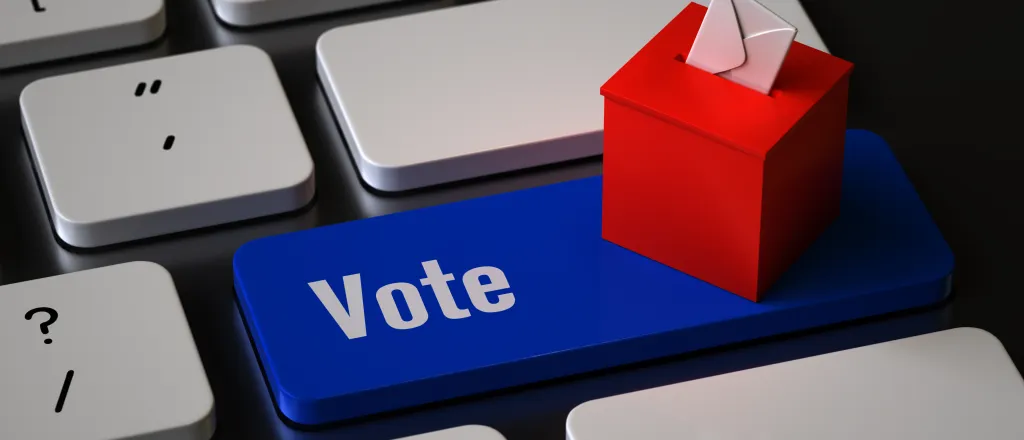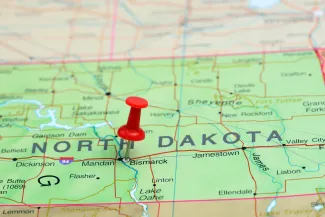
In some rural North Dakota counties, voting by mail is king
Click play to listen to this article.
(Prairie News Services) North Dakotans have less than two weeks to send in their absentee or mail ballot to be counted for the June 11 primary.
Despite some political pushback about the option, voters in rural areas seem to embrace it. Around the U.S., Republicans in some states continue efforts to restrict vote-by-mail laws. National party leaders recently urged GOP voters to look past the attacks and latch onto the early voting movement. But the party is still linked to court battles over the policies.

Shirley Murray, auditor of Sheridan County, oversees elections for a population of roughly 1,200. She said on average, about 70 percent of voters there use the mail-in option.
"It seems to work out better for the voter's time, their convenience," Murray observed.
Murray suggested the divisiveness over voting procedures, including misinformation asserting vote-by-mail creates opportunities for fraud, has not reached her jurisdiction. She insists mail-in ballots will be properly counted, just like all the others cast on Election Day.
Officials within the GOP also have maintained their view ballot drop boxes are not secure but just like vote-by-mail, Murray noted her county is making the option available.
"For added convenience, we've set up a drop-off box, so to speak, at our city hall," Murray explained. "Where individuals, if they're passing through, can just drop it off there."
As her jurisdiction is the third-least populous county in North Dakota, the drop box might help voters from remote areas who do not travel to town frequently. According to the Secretary of State's website, nearly 34,000absentee and mail ballots were sent out ahead of the June primary. So far, nearly 12,000 have been returned.
Support for this reporting was provided by The Carnegie Corporation of New York.

















